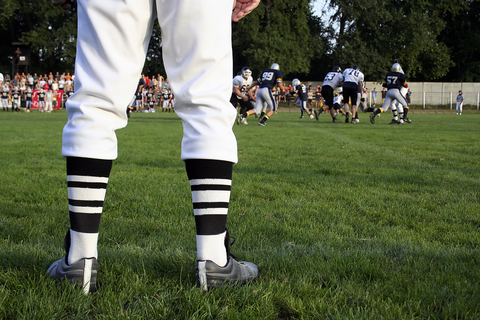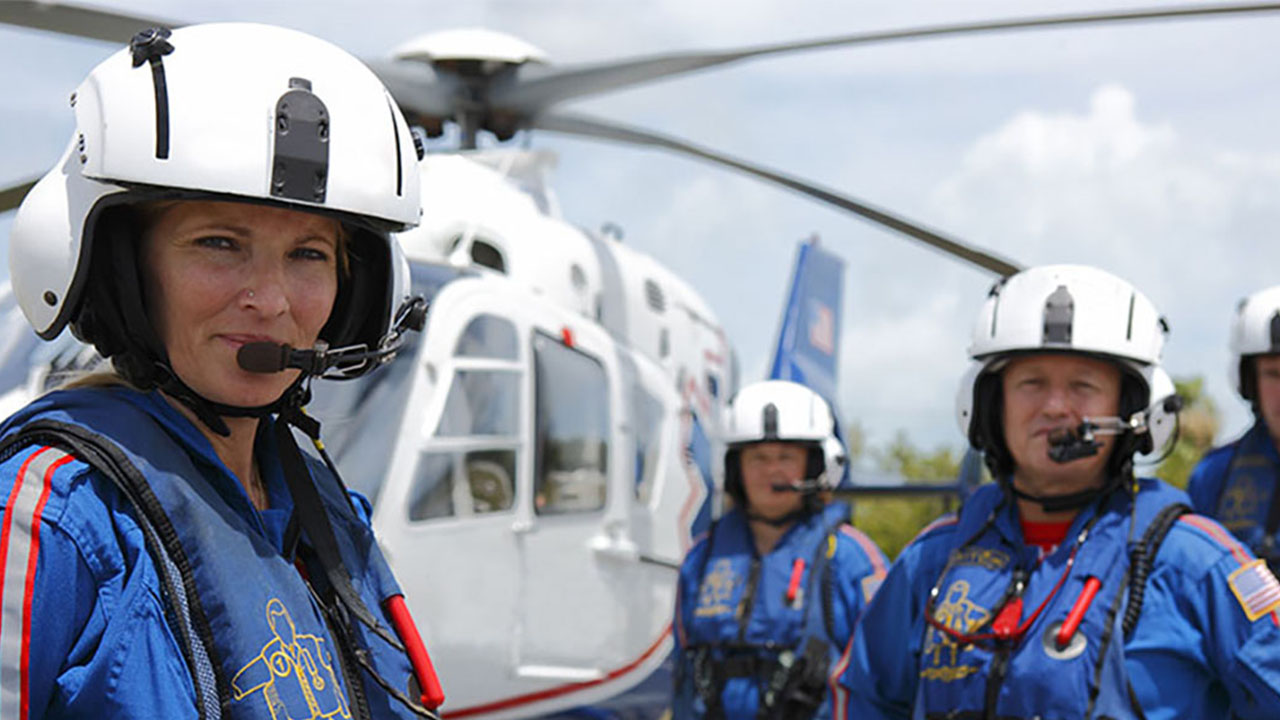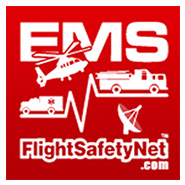
Lets face it. Some Emergency Medical Services (EMS) jobs are more glamorous than others. We can’t all be Johnny and Roy* speeding to the next life we save 24/7/365.
Some of us play the sidelines.
I know. I’m an EMS helicopter pilot. And for the last decade I’ve learned my very best lessons on the sidelines.
Hiding in plain sight is a skill EMS pilots learn early.
Hospital emergency rooms are busy places on Saturday nights. It’s easy to be in the way. Out of necessity, you find a sideline. And here, on the EMS sidelines is where I’ve learned the most about life and dying and EMS and people.
Here are three timeless reminders of what the EMS sidelines can teach us all.
Small Gestures Make A Big Difference
For a second, imagine the worst.
Your phone rings late at night. A strange voice asks if you’re the parent of Susan and Johnathon Doe? Trying to wake up and gain your senses you answer “Yes, I’m Susan and Johnathon’s father, is everything okay?”
And then the voice says “There’s been an accident. You should come to Memorial Hospital as quickly as you can.”
Standing on the sidelines I’ve seen a lot of Mr. Doe. No matter how brawn or stoic he normally carries himself; in an emergency room desperately searching for information about his children, Mr. Doe’s fear shows through.
You might naturally assume small gestures go unnoticed at times like these. But that’s not the case. The opposite is actually true.
As Mr. Doe hears how his only son was pronounced an hour earlier and how doctors are working feverishly to keep his little girl Susan alive (She’s 17 now, but to Mr. Doe it will always be ‘his little girl’)… small gestures matter.
In fact, small gestures matter more now than ever.
From the sidelines you see how a touch on a shoulder, a smile or a wink takes away immeasurable pain for moments of time. The overwhelming emotion and sorrow of course returns. But as professionals, if we can take away Mr. Doe’s pain for even a millisecond… we should do it.
Medical Professionals Use Autopilot Too
Have you ever seen someone save a life? I have. From the sidelines.
It’s exhilarating, overwhelming and humbling all at the same time. The flight nurses and paramedics I fly with never describe themselves as heroes or lifesavers. They always downplay their accomplishments and refer to lifesaving miracles as “just doing their jobs.”
But I know the truth. They really are heroes.
From the sidelines it’s easy to see patterns in how they do their jobs. For as much as every patient and emergency room is different, similar sets of events happen over and over.
Why? Because in crisis, flight paramedics and nurses do what all other professionals do. They default to their training. They instinctively do what they’ve been trained to do. They turn on their own internal autopilots.
Training matters. Training is our autopilot during crisis.
Life is Measured In Moments
EMS teaches humility.
One moment you’re landing a mult-million dollar helicopter on a hospital rooftop at night. The next you’re holding hands in a family prayer circle for the trauma patient you’re about to fly to a specialist.
It’s really a privilege and an honor to do a job that gets you so close to people during times of great need, vulnerability and tragedy.
It teaches us to value our own moments. Seeing how one instant of carelessness, inattention or just bad timing can change countless lives forever… is reason enough to cherish our moments.
Each of us only has so many. We hope you make time today, and everyday, to cherish your own moments.
Until next time…
Wishing you clear skies and tailwinds,
Fly-write
*Johnny and Roy are characters from the hit television series Emergency, 1972-1978.
——————————————————
Interested in more tips, inspiration and advice? Sign up for Crew Glue Newsletter here.


1 Response to "Playing the EMS Sidelines"
Absolutely correct. All that glitters is not gold🙂